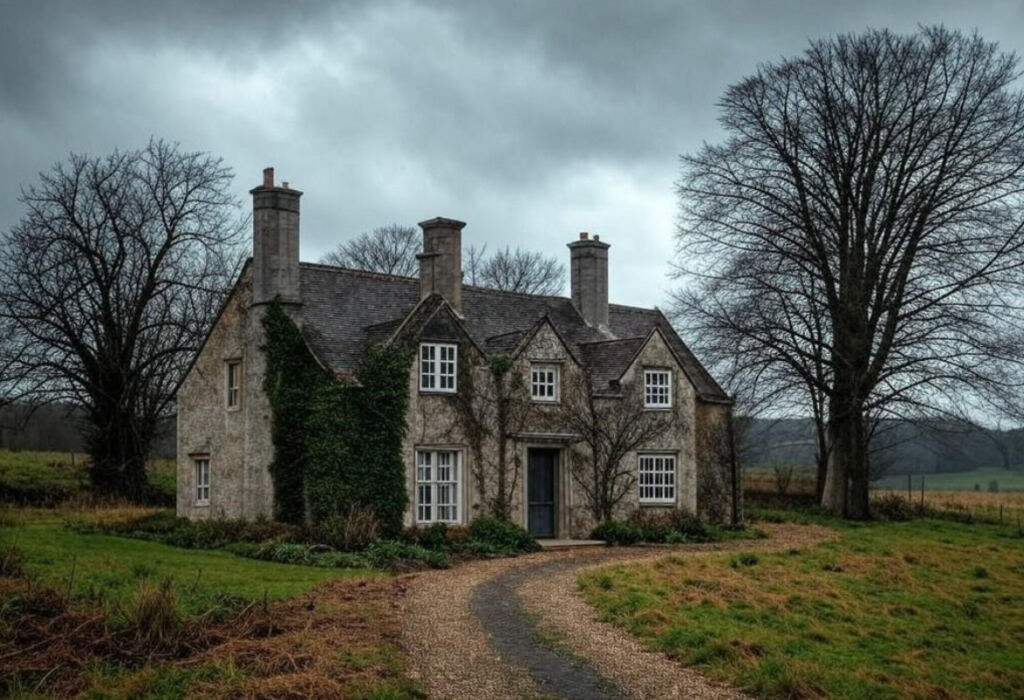
Energy and gas prices in the UK are undergoing another increase from the beginning of this month⁴. This leaves many Brits eager to find effective ways to increase energy efficiency in their homes and reduce energy bills.
Older homes use 65% more energy than newer ones⁵. So, the experts at Confused.com Energy sought to provide essential tips on the most effective ways to increase the energy efficiency of older properties.
- 15-20% of heat in old homes is lost because of draughts¹, making draught-proofing necessary.
- Double-glazed windows can reduce heat loss in a home by up to 64%².
- A newer boiler model can be 90% more energy-efficient than an older one³.
Five ways to increase the energy efficiency of your old home
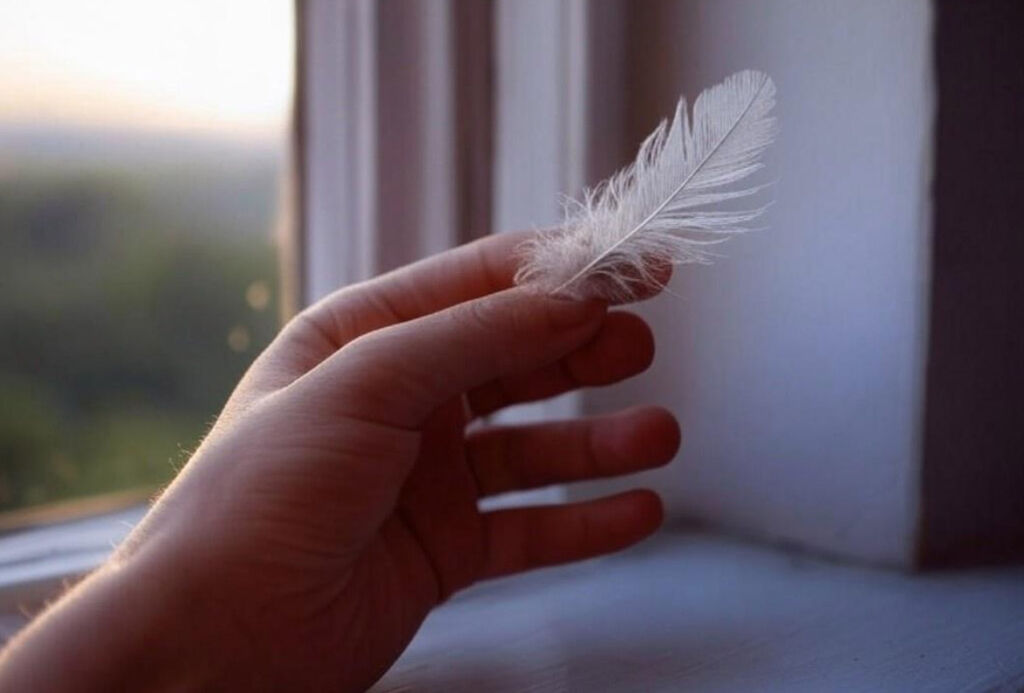
1. Tackle all existing draughts in your home
Draughts are common in old properties, causing between 15 and 20% of the heat loss, making them one of the biggest barriers to an energy-efficient home. To successfully identify all the places where you’re losing heat, it’s important to check your windows and doors. You should also check your floors, pipes, skirting boards, and chimneys. Once you’ve identified them, you can begin insulating all draughts to minimise heat loss.
Additionally, consider switching any regular curtains or blinds in your home with thermal ones to further reduce heat loss.
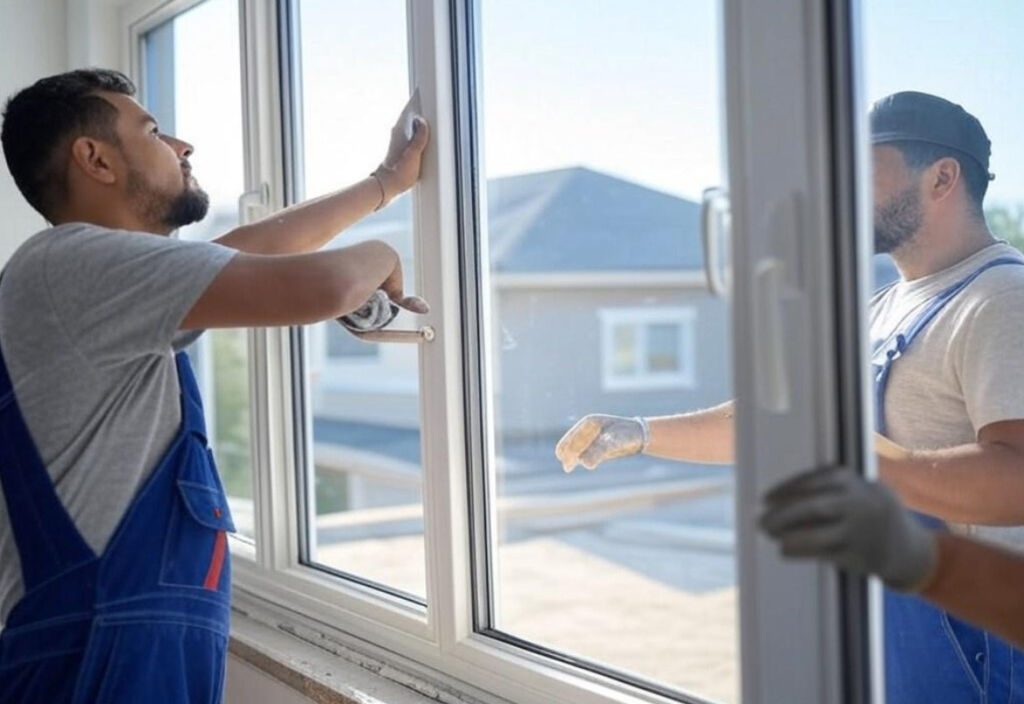
2. Install double-glazed windows
One of the most efficient ways to retain up to 64% of the heat in your home is to install double-glazed windows. By trapping air in between two glass panes, they insulate your home not only from heat loss but from outside noise as well. By reducing the heat loss in your home, you’ll also be reducing your energy bill, making them a valuable long-term investment.
3. Improve the heating in your home
It’s important to check that your boiler is working as well as possible. You should consider replacing it with a newer model if it’s very old (more than 10 years). A newer model can be 90% more energy-efficient and will end up saving you money on future gas bills.
Also, remember to regularly bleed radiators in your home to ensure they keep working well. You could also install enhancers behind your radiators, which will help reduce heat loss and reflect some heat back into your home.
Another thing you might want to consider is getting a heat pump to make your home even more energy-efficient. Heat pumps are a great way to ensure your home is properly heated and your energy costs go down, although their installation costs are somewhat off-putting.
4. Don’t neglect your water use
Improving water efficiency in your home is also important, so make sure you take proper steps to do so. Replace old shower heads and taps with newer low-flow models, which are just as effective, with the added benefit that they reduce water use. This in turn means that less energy is used for the heating up of water, saving you extra money.
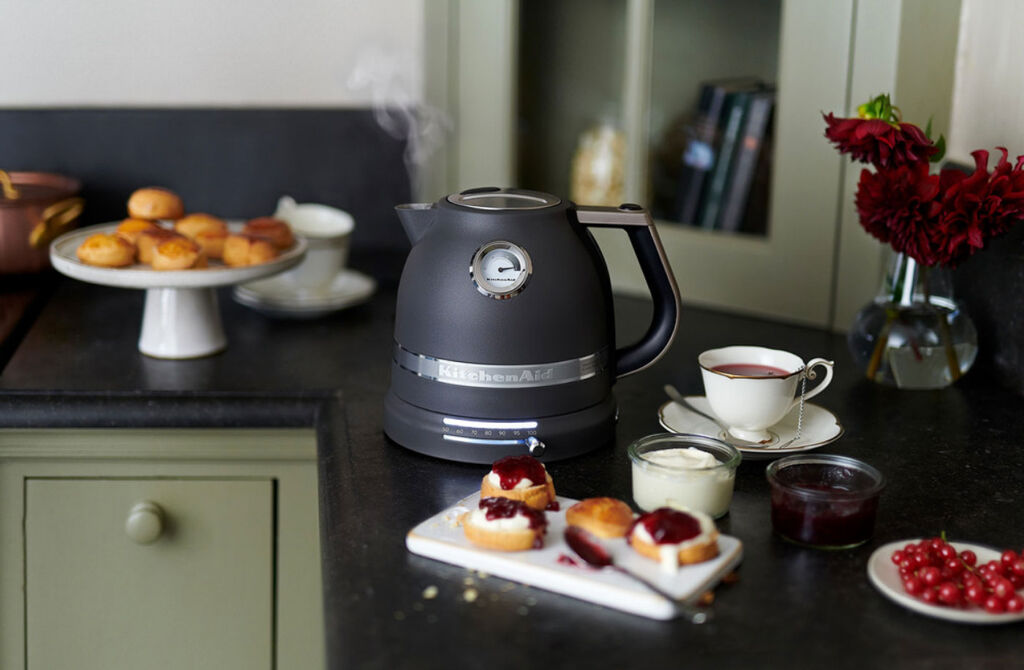
5. Switch to energy-efficient appliances
One of the simplest ways to make your home more energy-efficient is to switch to LED lights, which use less energy and last much longer. To improve energy efficiency even further, consider replacing old kitchen appliances with newer, more efficient models. Using more energy-efficient appliances will, in turn, ensure lower monthly costs.
References:
[1]https://historicengland.org.uk/advice/your-home/energy-efficiency/making-changes-to-save-energy/draught-proofing/ [2]https://www.replacewindowslimited.co.uk/blog/how-double-glazing-reduces-heat-loss/ [3]https://iheat.co.uk/boiler-help/how-much-cheaper-is-a-new-boiler-to-run [4]https://www.ofgem.gov.uk/news/changes-energy-price-cap-between-1-january-and-31-march-2025 [5]https://www.hbf.co.uk/policy/wattasave/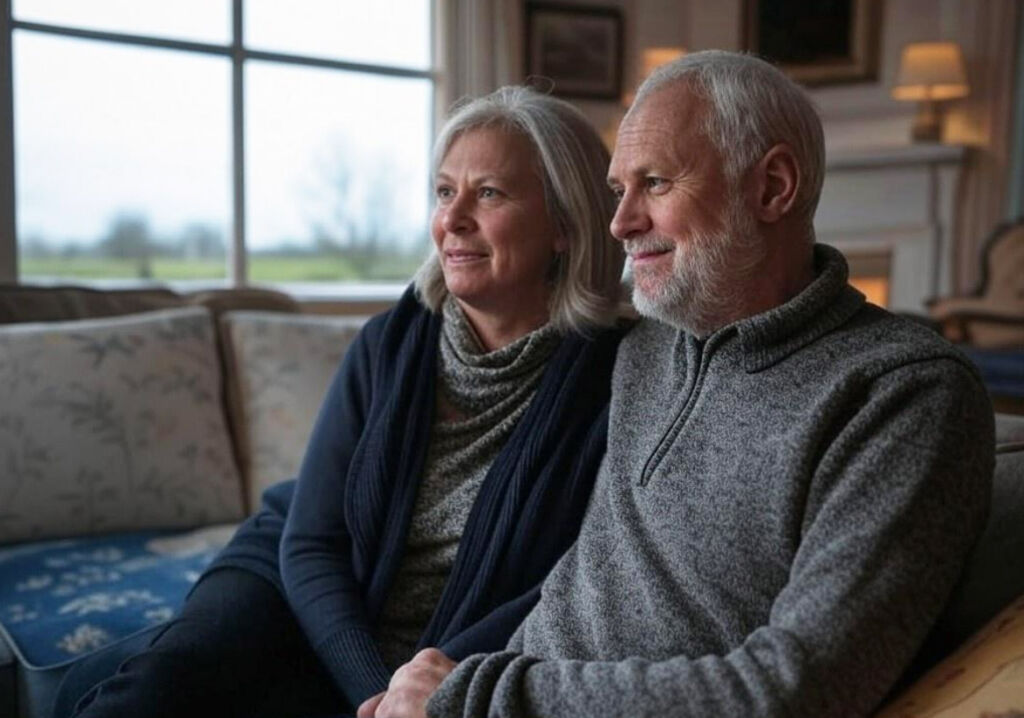
![]()



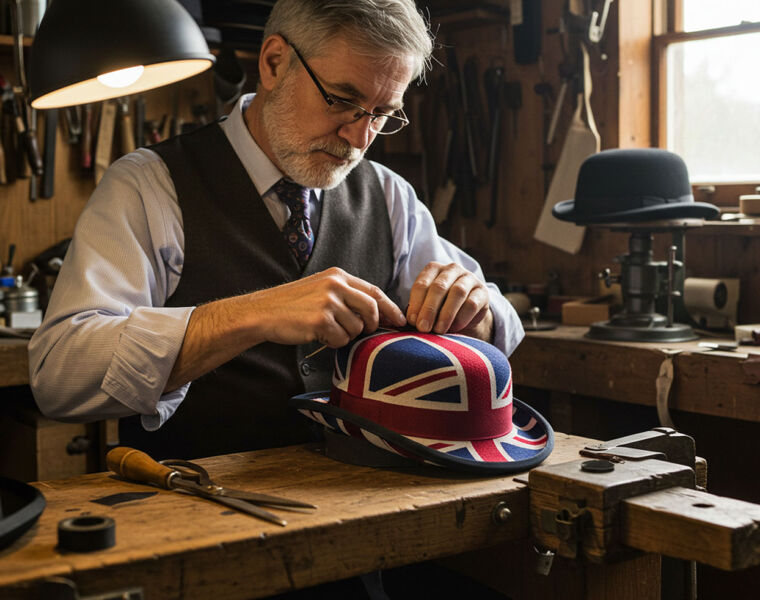
You must be logged in to post a comment.